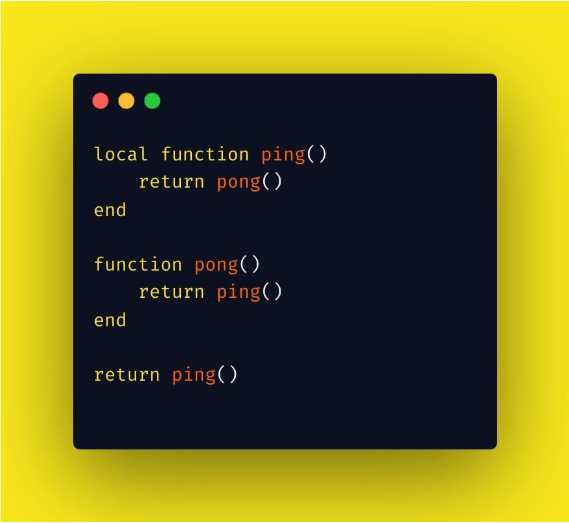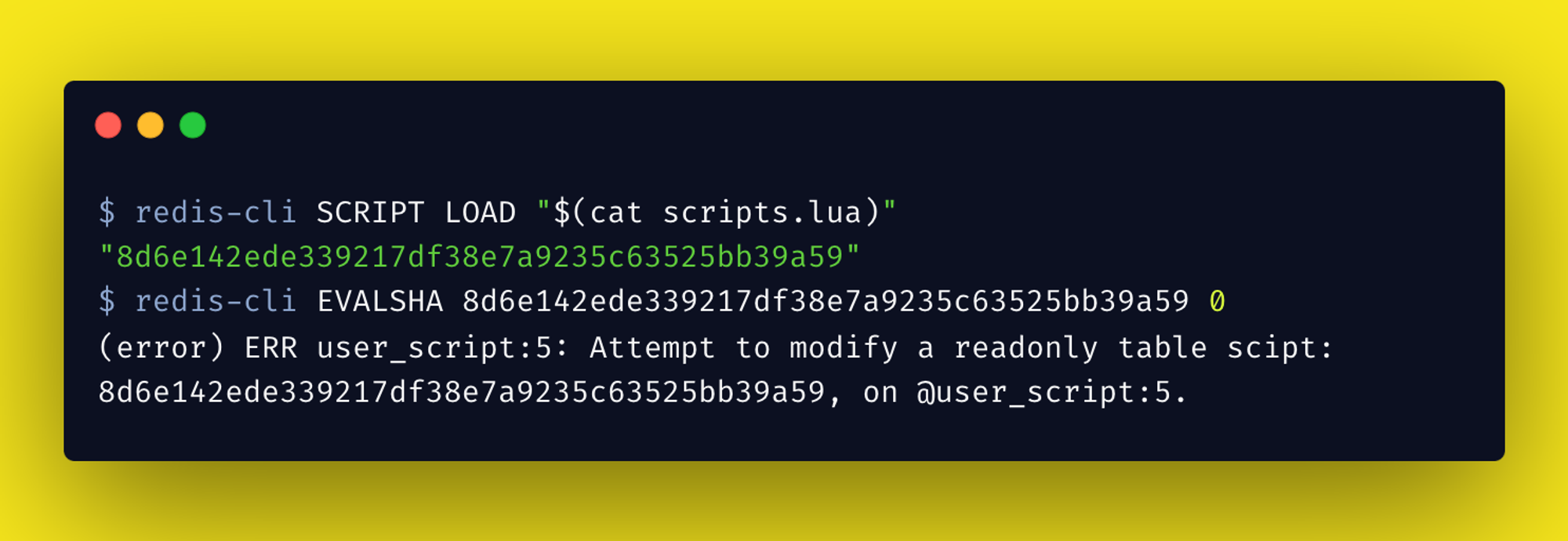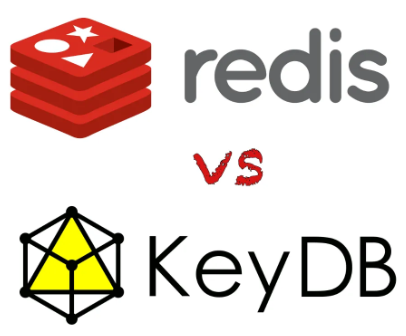
Understanding Lua Scripts in Redis The Ping Pong Example
I posed a question about Lua scripting in Redis and shared a snippet that sparked my curiosity. For those who missed it, here’s the Lua script I shared:

At first glance, this script exemplifies the “ping-pong” programming pattern, where one function calls the other in an infinite loop. This type of script is often used to demonstrate or test recursion and function calls.
The expected behavior is that these functions will call each other indefinitely, leading to an infinite loop. In many programming environments, such a script would cause the system to eventually crash or hit predefined security limits, such as soft or hard caps set by the system administrator.
However, when this script is executed in Redis, the result is quite different and interesting. Redis supports Lua scripting, which allows for powerful data manipulations and computations directly within the database. However, Redis also incorporates a secure execution environment to handle Lua scripts. This environment includes several safeguards to prevent scripts from causing harm, whether intentionally or accidentally.
When the provided Lua script is executed in Redis, it doesn’t lead to an infinite loop or a system crash. Instead, Redis detects the potentially dangerous pattern and halts the execution. Here’s what happens:
Redis has built-in protections that recognize the recursion pattern in the script. The secure Lua environment in Redis is designed to catch and prevent such infinite loops from running. This stops the script from consuming resources endlessly, ensuring the stability and security of the system.
Essentially, Redis enforces a read-only table restriction in this context, which prevents modifications that could lead to uncontrolled recursion.
Here’s a screenshot showing the exact response from Redis when this script is executed:

As the screenshot indicates, Redis throws an error: “Attempt to modify a read-only table script.” This error message shows that Redis has detected an attempt to execute a potentially harmful recursive function and has prevented it from proceeding. This built-in safety mechanism is a testament to Redis’s robust design, which prioritizes security and stability.
Redis’s handling of Lua scripts underscores its capabilities as a secure and reliable database management system. By preventing infinite loops and potentially harmful scripts from running, Redis ensures that the database remains operational and efficient, even when users execute complex scripts.
This behavior is particularly important in production environments with critical stability and uptime. Developers can write and execute Lua scripts with the confidence that Redis will enforce safeguards to maintain system integrity. Redis’s ability to manage these scripts securely makes it an invaluable tool for developers looking to perform complex data operations directly within the database.
Redis, a marvel of modern database technology, continues proving its worth with these robust features. Its ability to handle potentially dangerous scripts gracefully showcases its commitment to providing a secure, high-performance environment for data management.
Once again, Redis is an incredible technology, ensuring security and stability even when faced with potentially problematic scripts. Redis is truly a marvel!


